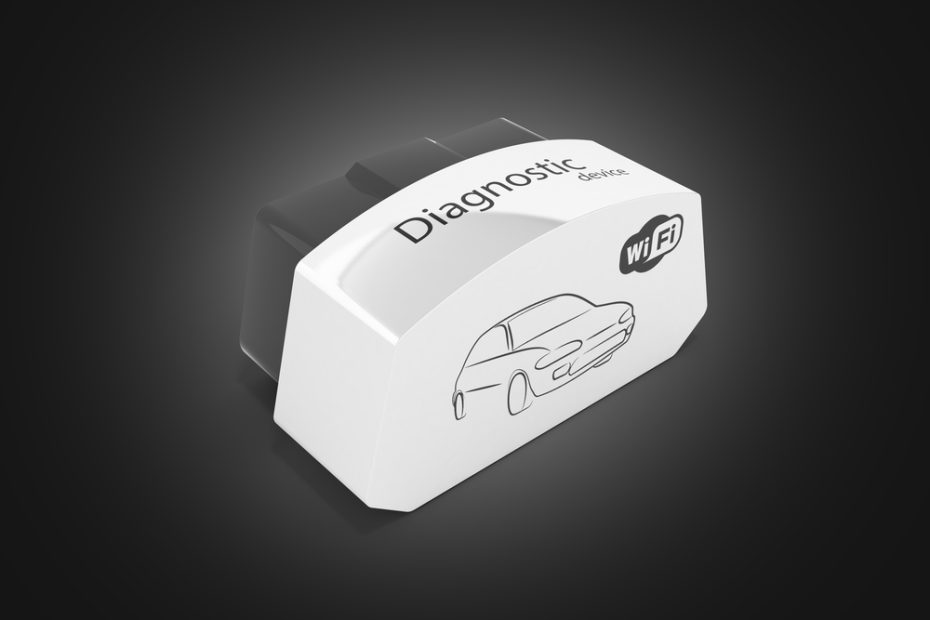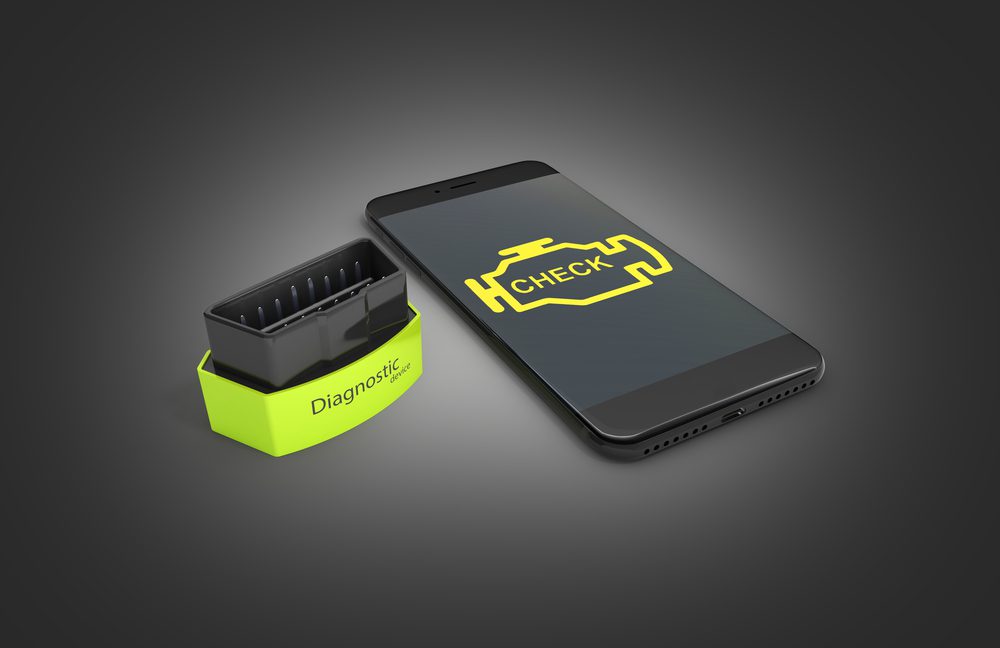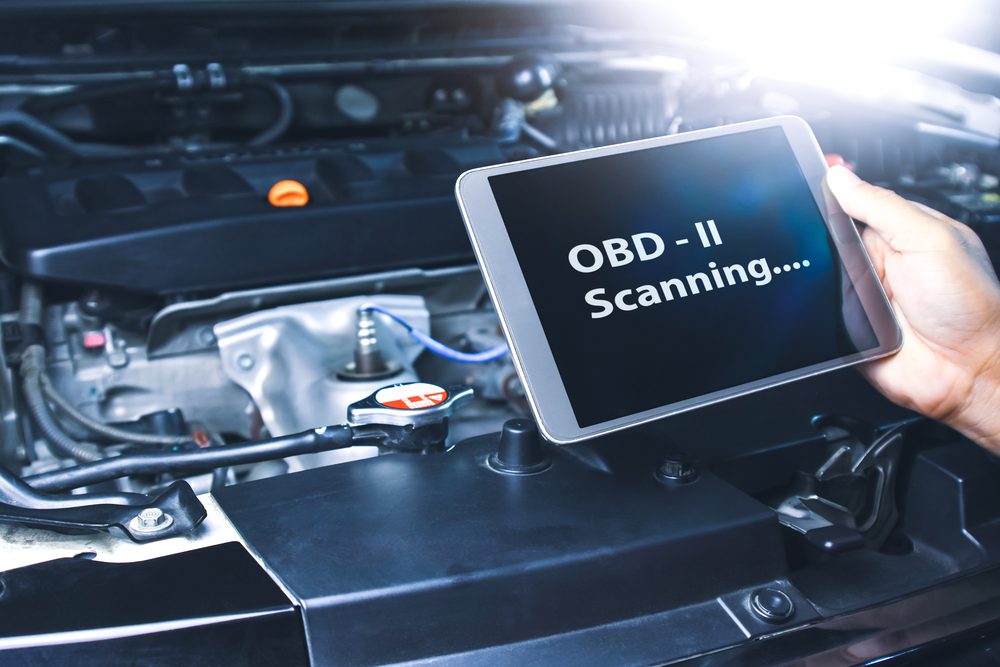How do I choose a car diagnostic tool?
Introduction
Choosing the right car diagnostic tool is essential for maintaining your vehicle’s health and diagnosing any potential issues. With so many options available, it can be overwhelming to make the right choice. This guide will help you understand what factors to consider when choosing a car diagnostic tool.
Type of Diagnostic Tool
There are various types of car diagnostic tools available in the market, including handheld scanners, OBD-II scanners, and professional diagnostic tools. It is important to assess your needs and budget before selecting the appropriate tool.
Compatibility
Ensure that the diagnostic tool you choose is compatible with your car’s make and model. Different tools support different protocols, so it’s important to check if your car uses OBD-I or OBD-II diagnostic systems.
Features
Consider the features that the diagnostic tool offers. Look for key features like code reading and clearing, live data streaming, freeze frame data, and compatibility with third-party software.
User-Friendliness
Choose a diagnostic tool with a user-friendly interface and clear instructions. This will make it easier for you to navigate and interpret the data provided by the tool.
Price
Set a budget and compare prices of different diagnostic tools. Remember that higher-priced tools generally offer more advanced features, but you should choose one that fits your requirements and budget.
Customer Reviews
Read customer reviews and ratings to gauge the reliability and performance of the diagnostic tool you are considering. This will give you insights into real-world experiences and help you make an informed decision.
Warranty and Support
Check if the diagnostic tool comes with a warranty and if the manufacturer offers adequate customer support. This is important in case you encounter any issues or have questions regarding the tool.
What to Look for When Buying a Car Diagnostic Tool?
When it comes to maintaining your car’s health, having a reliable car diagnostic tool is essential. But with so many options available in the market, finding the right one can be overwhelming. To help you make an informed decision, here are some key factors to consider:
1. Compatibility
Ensure that the diagnostic tool you choose is compatible with your car’s make and model. Different tools support different vehicle systems, so check if it covers the necessary protocols and functionalities.
2. Ease of Use
Look for a diagnostic tool that has a user-friendly interface, allowing you to easily navigate through various functions and access the information you need. It should come with clear instructions and intuitive controls.
3. Diagnostic Capabilities
Consider the diagnostic capabilities the tool offers. A good diagnostic tool should be able to read and clear error codes, display real-time data, perform system tests, and provide advanced diagnostic functions.
4. Software Updates
Regular software updates are crucial to ensure compatibility with newer car models and to keep up with evolving technologies. Choose a diagnostic tool that offers frequent updates and has a reliable support system.
5. Data Storage and Analysis
Check if the tool has the ability to store and analyze diagnostic data. This can be useful for tracking the performance of your car over time and identifying recurring issues.
6. Price
Set a budget for your car diagnostic tool purchase, but remember not to compromise on quality and functionality. Compare prices of different options and choose one that offers good value for money.
7. Reviews and Recommendations
Read reviews and seek recommendations from experts or other car owners. Their experiences can provide valuable insights into the reliability and performance of different diagnostic tools.
8. Warranty
Check if the diagnostic tool comes with a warranty. A warranty ensures that you are protected against any manufacturing defects and gives you peace of mind.
9. Additional Features
Consider any additional features that may be important to you, such as wireless connectivity, multilingual support, or compatibility with mobile devices.
10. Brand Reputation
Opt for well-established brands with a good reputation in the automotive industry. These brands are more likely to offer reliable products and provide better customer support.
Can I do my own diagnostic test?
When it comes to car diagnostic testing, many people wonder if it’s possible to do it themselves. The answer is yes, you can perform your own diagnostic tests on your car with the right tools and knowledge.
What is a car diagnostic test?
A car diagnostic test is a process that allows you to identify and troubleshoot issues with your vehicle’s systems and components. It involves connecting a diagnostic tool to your car’s onboard computer system to retrieve error codes and other important information.
The benefits of doing your own diagnostic test
Performing your own car diagnostic test can have several advantages:
- Cost savings: By doing it yourself, you can avoid expensive diagnostic fees charged by mechanics.
- Convenience: You can perform the test whenever and wherever you want, without having to schedule an appointment with a mechanic.
- Empowerment: Understanding what’s wrong with your car can give you a sense of control and enable you to make more informed decisions about repairs.
How to do your own diagnostic test
To perform a DIY diagnostic test, you will need a car diagnostic tool or scanner. These tools can be purchased online or at auto parts stores. Follow these steps:
- Locate your car’s OBD-II port, usually located under the dashboard or near the steering wheel.
- Plug the diagnostic tool into the OBD-II port.
- Turn on your car’s ignition while leaving the engine off.
- Follow the instructions provided with the diagnostic tool to retrieve error codes and other information.
- Once you have the error codes, consult the tool’s manual or look them up online to determine what they mean.
Limitations of DIY diagnostic testing
While performing your own diagnostic test can be helpful, it’s important to note its limitations:
- Technical knowledge: Understanding the meaning of error codes and diagnosing the problem may require some technical expertise.
- Limited capabilities: DIY diagnostic tools may not have the same level of functionality as professional-grade equipment used by mechanics.
- Complex issues: Some problems may require further investigation or specialized equipment that DIY tools cannot provide.
“Performing your own car diagnostic test can save you money and give you a sense of control over your vehicle’s maintenance.”
In conclusion, while it is possible to do your own car diagnostic test, it’s important to understand the limitations and when it’s best to consult a professional mechanic. DIY testing can be a cost-effective and empowering option for simple issues, but for complex problems or if you lack the necessary skills, it’s advisable to seek professional assistance.
How accurate is a car diagnostic test?
When it comes to diagnosing car issues, a car diagnostic test can be a valuable tool. However, it is important to understand the limitations of these tests and how accurate they can be.
The Importance of Car Diagnostic Tests
A car diagnostic test is designed to identify any potential problems or malfunctions in your vehicle’s system. It uses specialized software and equipment to connect to the onboard computer and retrieve error codes and data. This information can help mechanics and technicians pinpoint the root cause of an issue, saving time and money in the repair process.
Factors Affecting Accuracy
While car diagnostic tests are generally reliable, there are several factors that can impact their accuracy:
- Age and condition of the vehicle: Older vehicles or those with existing electrical or mechanical problems may produce less accurate diagnostic results.
- Quality of the diagnostic tool: The accuracy of the test can also depend on the quality and capability of the diagnostic tool used. Higher-end tools tend to provide more precise readings.
- Interpretation of the results: Diagnostic tests generate error codes and data, which must be interpreted correctly by a skilled technician. Human error or lack of experience can lead to misinterpretations.
- Complexity of the issue: Some car problems can be multi-faceted, making it challenging for diagnostic tests to provide a definitive diagnosis. Additional inspections and tests may be required.
Importance of Professional Analysis
While car diagnostic tests can give you a good starting point, it is crucial to have a trained professional analyze the results. They have the knowledge and expertise to interpret the data accurately and perform further inspections if necessary.
Having an experienced mechanic or technician review the diagnostic results ensures a higher level of accuracy and reduces the chances of misdiagnosis.
Are car diagnostic tools universal?
When it comes to choosing a car diagnostic tool, one question that often arises is whether these tools are universal and compatible with all vehicles. The short answer is no, car diagnostic tools are not universal.
Car diagnostic tools vary in terms of compatibility, and each tool is designed to work with specific makes and models of vehicles. This means that a tool that works perfectly for one car may not work at all for another.
There are different diagnostic protocols used by car manufacturers, such as OBD-I, OBD-II, CAN, and EOBD. Each protocol requires a specific type of diagnostic tool, sometimes even with different connectors.
Compatibility with OBD-II
OBD-II (On-Board Diagnostic) is a standard protocol used by most cars manufactured after 1996. A majority of car diagnostic tools in the market are designed to be compatible with OBD-II vehicles.
However, even within the OBD-II protocol, there can be variations in terms of the data that can be accessed and the functions that can be performed. Some tools may have limited capabilities compared to others.
Vehicle-specific diagnostic tools
For certain car manufacturers, there are proprietary diagnostic tools available that are specifically designed for their vehicles. These tools offer more advanced functionality and access to manufacturer-specific data.
Note: It is important to check the compatibility of a car diagnostic tool before purchasing it, especially if you have a specific make and model in mind.
Factors to consider
When choosing a car diagnostic tool, it is essential to consider various factors:
- Compatibility with the vehicle make and model
- Supported diagnostic protocols
- Functionality and features required
- Budget
By considering these factors, you can ensure that the diagnostic tool you choose will be suitable for your specific needs.
In conclusion
Car diagnostic tools are not universal, and their compatibility varies depending on the vehicle make, model, and diagnostic protocols used. It is important to do thorough research and choose a tool that is compatible with your specific car to ensure accurate diagnostics and effective troubleshooting.
Conclusion
Selecting the right car diagnostic tool is crucial for diagnosing and maintaining your vehicle. Follow the above considerations to make an informed decision and ensure that you choose a tool that meets your needs and budget.
Car diagnostic tests are an essential tool in vehicle troubleshooting, but their accuracy can vary depending on various factors. It is advisable to seek professional analysis and interpretation of the results to ensure accurate diagnosis and appropriate repairs.



